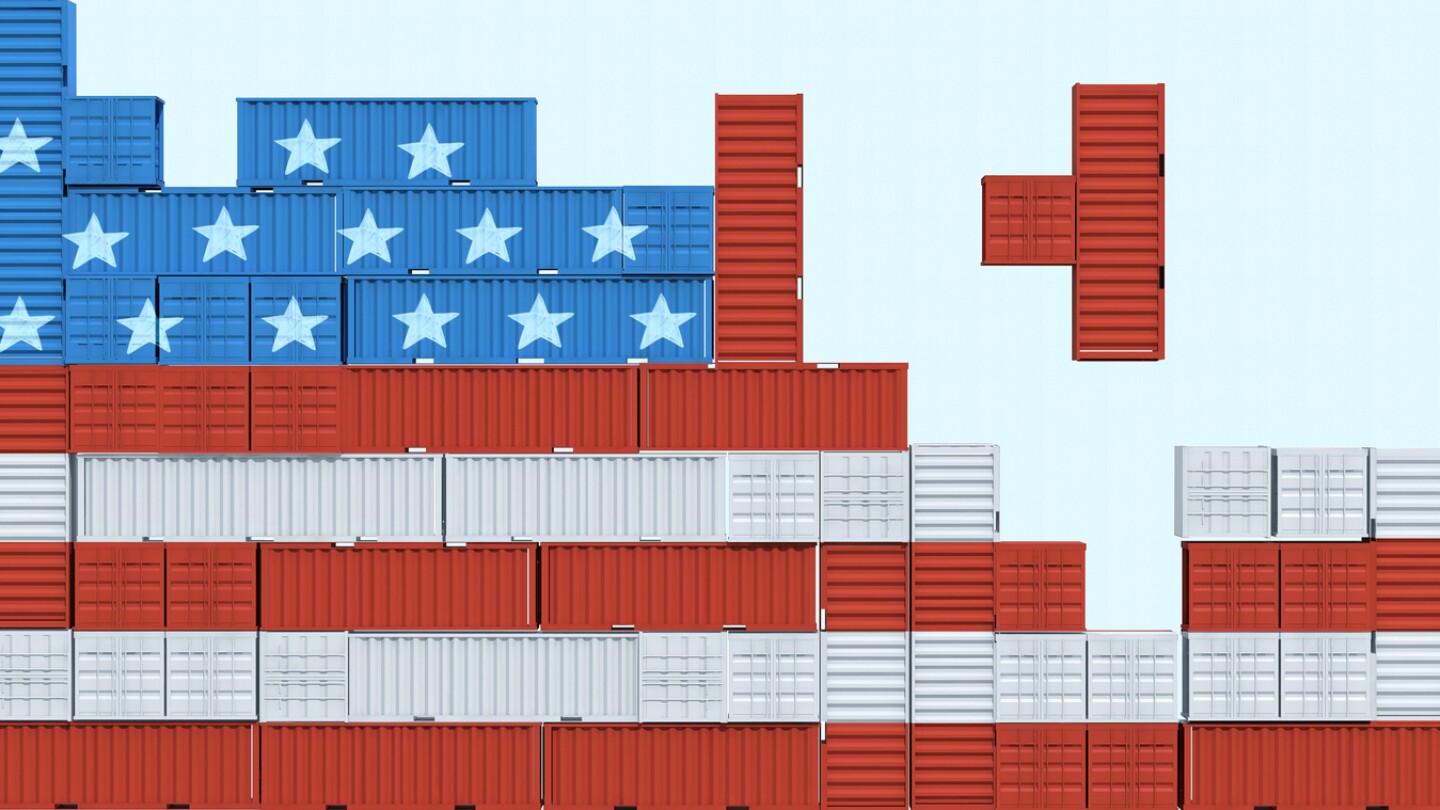Pharma Giants Roche and Regeneron Double Down on US Production Amid Trade Tensions

In a strategic move to bolster manufacturing capabilities, pharmaceutical giants are making significant investments in production infrastructure. Roche is making a bold commitment by allocating an impressive $50 billion towards expanding its manufacturing capabilities. Meanwhile, Regeneron has sealed a substantial $3 billion partnership with Fujifilm, a deal that will enable the pharmaceutical company to dramatically increase its large-scale manufacturing capacity in the United States, effectively nearly doubling its production potential.
This substantial investment signals a strong industry trend of prioritizing domestic manufacturing and preparing for future pharmaceutical production demands. By expanding their manufacturing footprint, these companies are positioning themselves to respond more quickly to market needs, potentially improve supply chain resilience, and enhance their competitive edge in the rapidly evolving pharmaceutical landscape.
